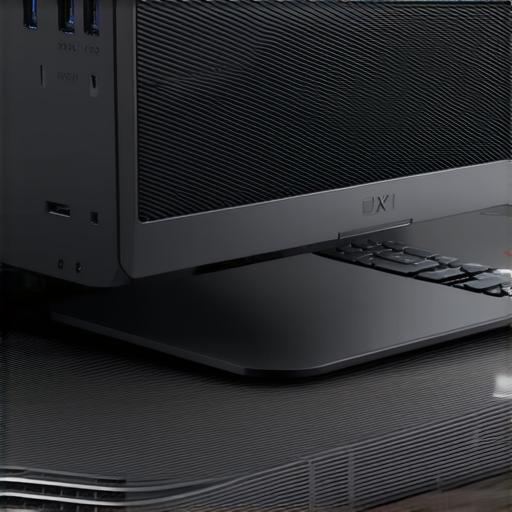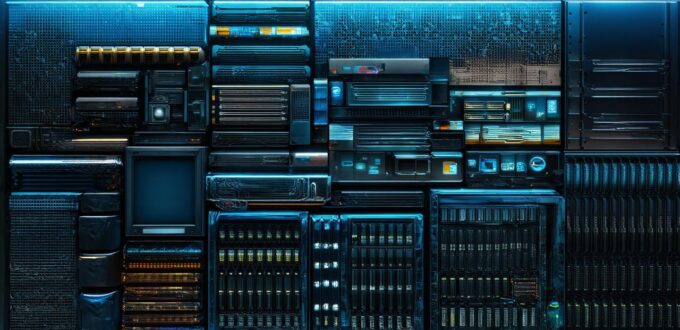Introduction

Computer systems are essential to modern life, from managing personal finances to running complex business operations. With so many different types of computer systems available, it can be challenging to determine which one is right for you. In this article, we will explore ten various kinds of computer systems and their unique features and benefits. By the end of this article, you should have a better understanding of the different types of computer systems available and how to choose the right one for your needs.
1. Desktop Computer Systems
Desktop computer systems are one of the most common types of computer systems used today. They consist of a tower, keyboard, mouse, and monitor, all of which are connected together using cables. One of the main benefits of desktop computer systems is their power and performance. They are typically more powerful than laptops and can handle more demanding tasks such as gaming or video editing. Additionally, desktop computers have more ports and expandability options, making them ideal for connecting external devices like printers and scanners. However, they require a desk and a power outlet to function, which can be limiting in some situations.
2. Laptop Computer Systems
Laptops are portable computer systems that can be easily carried around. They consist of a thin screen, keyboard, touchpad, and battery. One of the main benefits of laptop computer systems is their portability. They can be easily transported from one location to another, making them ideal for people who need to work on-the-go. Additionally, laptops have built-in components such as webcams and microphones, making it easy to communicate with others through video conferencing or online meetings. However, they are generally less powerful than desktop computers and have fewer ports for external devices.
3. All-in-One Computer Systems
All-in-one computer systems are designed to be both portable and stationary. They consist of a screen that doubles as the keyboard, mouse, and touchpad. One of the main benefits of all-in-one computer systems is their portability. They can be easily carried around and used in different locations. Additionally, they have built-in components such as webcams and microphones, making it easy to communicate with others through video conferencing or online meetings. However, they are generally less powerful than desktop computers and have fewer ports for external devices.
4. Server Computer Systems
Server computer systems are designed to handle multiple tasks simultaneously, making them ideal for businesses that need to store and manage large amounts of data. They consist of a central processing unit (CPU), memory, storage, and network interface cards (NICs). One of the main benefits of server computer systems is their scalability. They can be easily expanded by adding more components such as additional CPUs or storage drives. Additionally, they have robust security features that help protect sensitive data from cyber threats. However, they require specialized knowledge to set up and maintain, which can be a challenge for small businesses or individuals.
5. Mobile Computer Systems
Mobile computer systems are designed to be used while on the move. They consist of a smartphone or tablet and any necessary accessories such as a keyboard or stylus. One of the main benefits of mobile computer systems is their portability. They can be easily carried around and used in different locations, making them ideal for people who need to work on-the-go. Additionally, they have built-in components such as webcams and microphones, making it easy to communicate with others through video conferencing or online meetings. However, they are generally less powerful than desktop or laptop computer systems and have limited expandability options.
6. Cloud Computer Systems
<p
